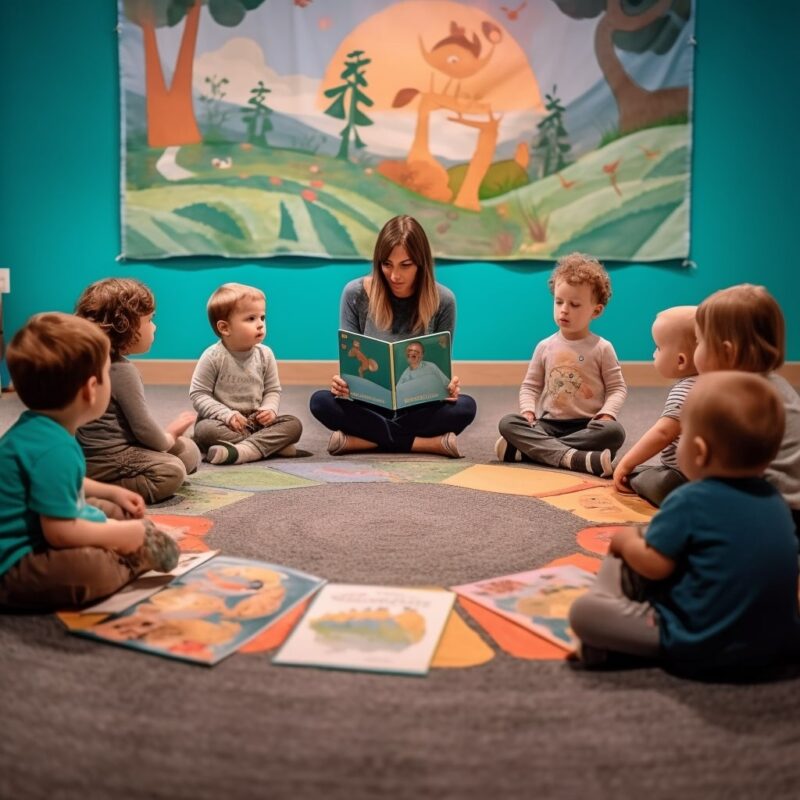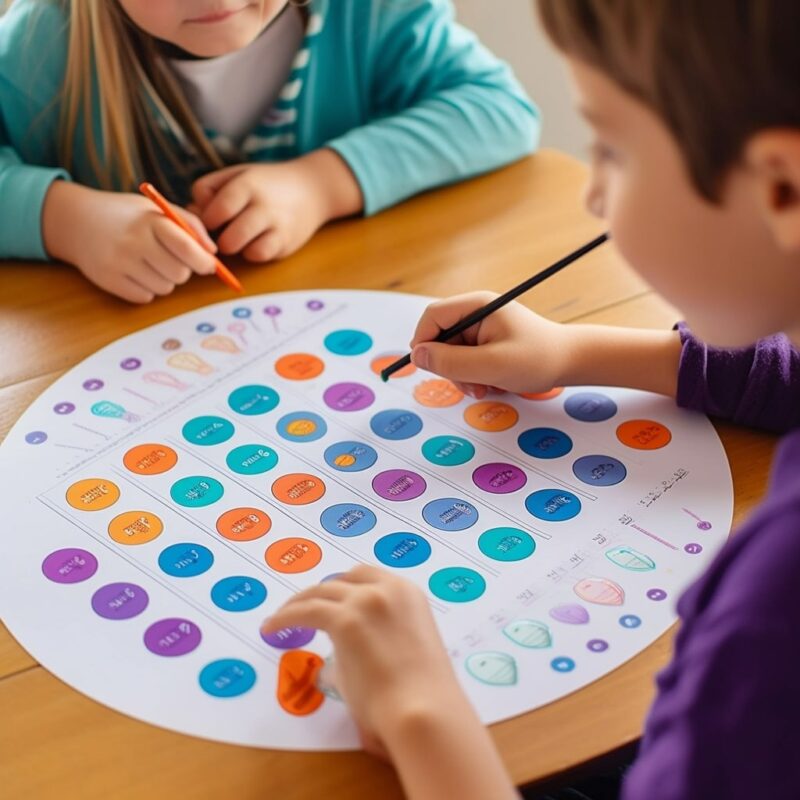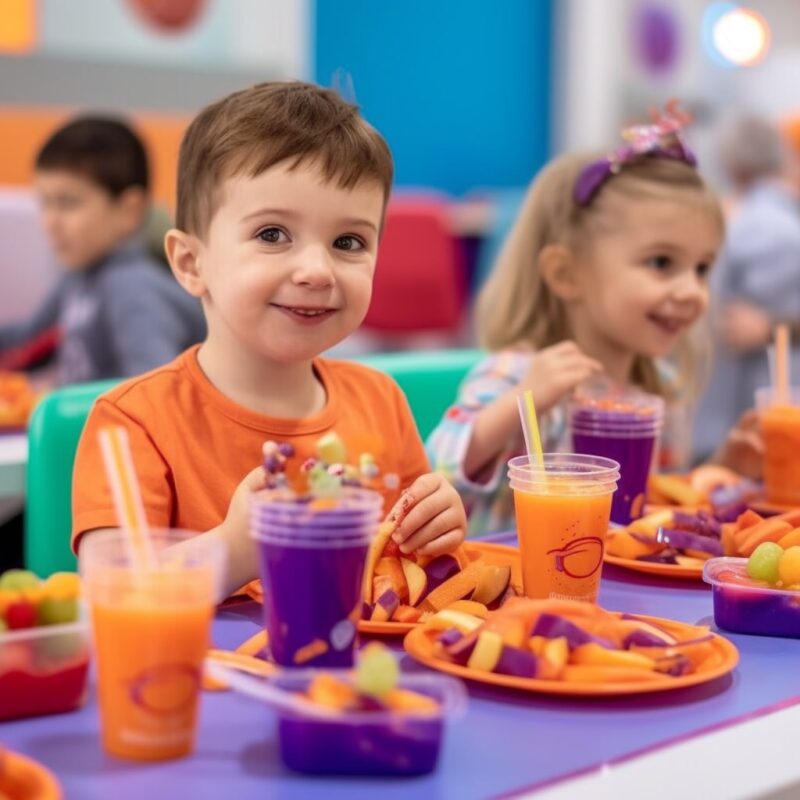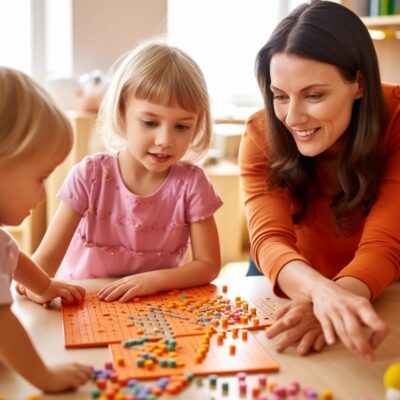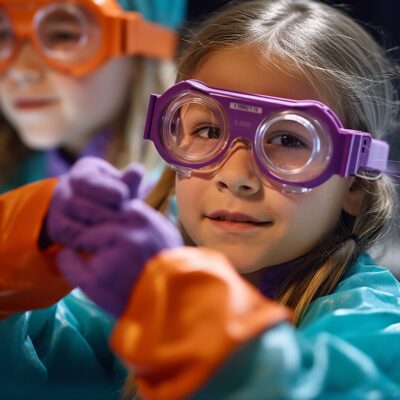Our Preschooler Program
At Kreative Little Hands Christian Academy, our Preschooler Program is designed for children ages 3 to 5 years old. We aim to nurture and develop your child’s skills and knowledge through a comprehensive curriculum that focuses on language and communication, physical development, and behavioral development.
Learn more

